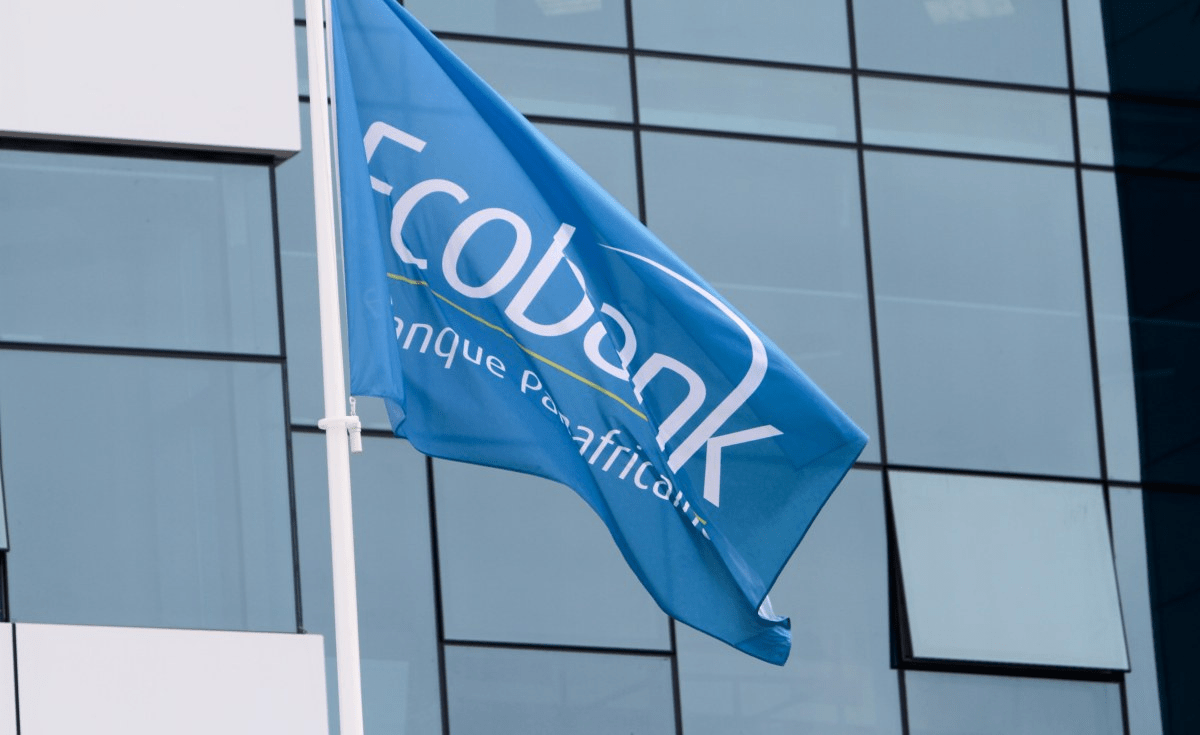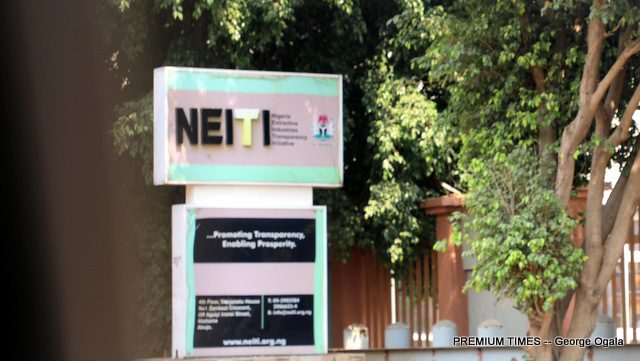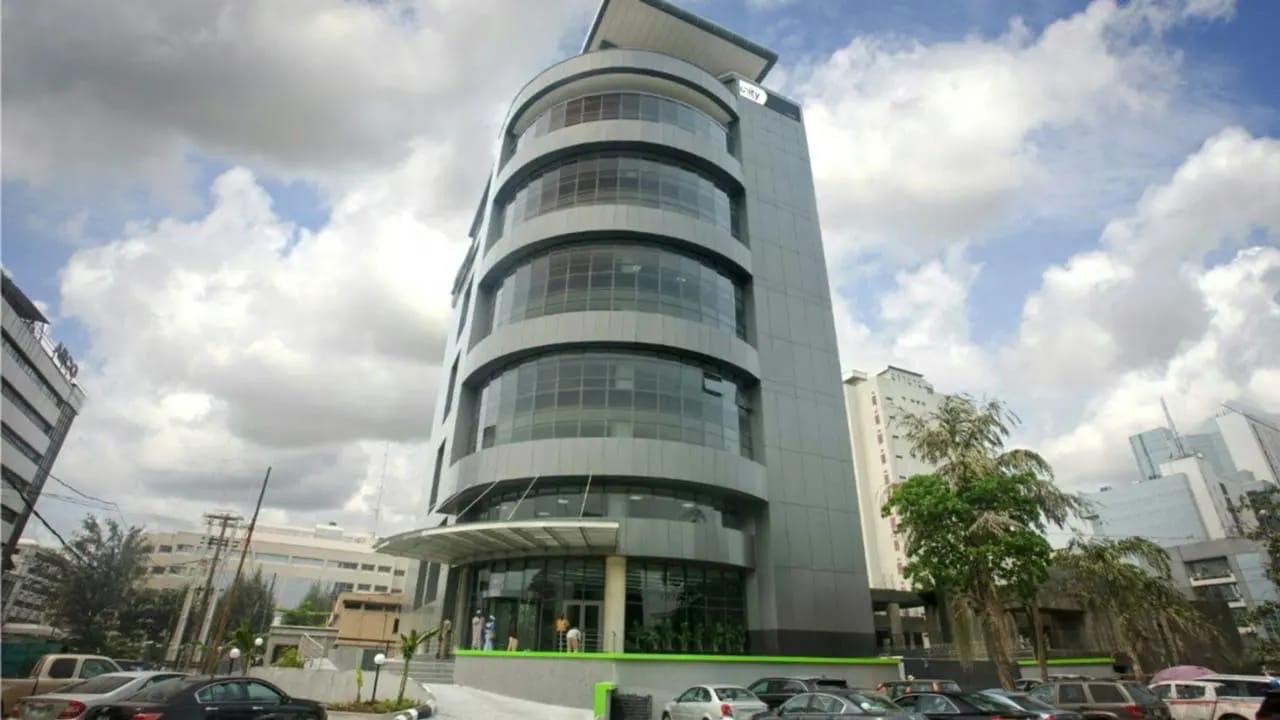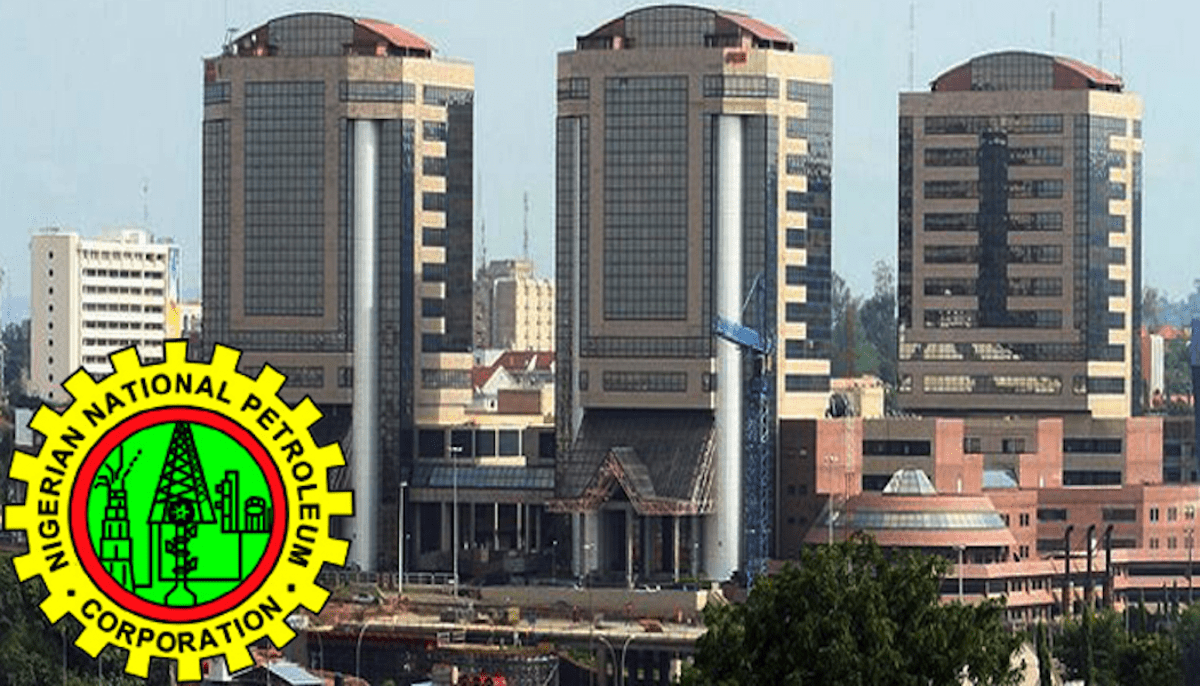* Legal platform to export Nigeria’s human capital underway, it says
Michael Olugbode in Abuja
The Director General, Nigerian Technical Aid Corps, Hon. Yusuf Yakub, has said plans are underway to put an end to the exploitation of Nigeria’s manpower outside the shores of the country as a legal pathway for export of the country’s human capital is in motion to boost earning from diaspora.
Yakub, who said this will help address the irregular migration of Nigerians popularly called the ‘Japa syndrome’, also disclosed that Nigerians have shown to be great professionals wherever they found themselves.
He noted that two Nigerians are currently occupying the position of vice-chancellors and another two the position of deputy vice-chancellors in different universities in the Gambia.
He made the disclosure on Friday while briefing on his activities in the last two years since he assumed as the director general of the agency.
He was appointed to the position by President Bola Tinubu in August 2023.
Yakub, while addressing journalists on developments at the agency in the last two years, said the scope of the NTAC has increased, adding that the agency has opened a new frontier in its soft power diplomacy.
He noted that the corps has deployed 396 volunteers from different works of endeavours to different countries in the last two years.
He said: “One of the new policies I came in with is to turn Nigeria Technical Aid Corps into a hub for the export of our manpower, not just for free, but also for money.
“And so, side by side with the soft power diplomacy export to support our brothers in Africa, Caribbean and Pacific, and also to serve humanity, and in the process expose our experts, we are trying to introduce or have introduced the sale of our manpower to discourage ‘Japa’, to also discourage our citizens dying out there in the deserts and in the ocean, and most importantly, to create employment for our citizens.
“Because every year, we graduate thousands from our National Youth Service Corps (NYSC); we graduate thousands from our universities and polytechnics, and so we have millions of unemployed experts on the ground. And so I discussed this with the Minister of Foreign Affairs, and immediately we sent an agreement, a proposed draft agreement for this new initiative, because this is going to be a new initiative.
“And I remember when I was in the secondary school, our teachers were Indians and other nationals. And so export of labour is as good as export of crude oil. And since we are blessed with this labour, Nigerian Technical Aid Corps has come up with this initiative. And very soon, by the grace of God, we will start exporting labour. And we are also talking with the International Organisation on Migration and other international organisations to see how this export of labour will not only be restricted to Africa, Caribbean and Pacific, but it will be all over the world.”
Yakub said that the Ministry of Justice has drafted a working agreement and “immediately, we conclude on signing that agreement, we will start exporting our labour with dignity to all parts of the world. And in the process, we will be generating revenue for the country, and we will be eliminating unemployment amongst our citizens, and also increasing the remittance that the diasporas use to remit on their own back home, because we will be sending out more experts to work with dignity with their families out there all over the world.
“This initiative is not only with the countries we are dealing with, because for the countries we are dealing with, they have already tested the expertise of our volunteers, they have known that Nigerians are people of integrity, high integrity, and so they have trusted us to say, okay, please, we want to start importing labour from your country”.
According to him, “There are countries that depend on export of labour, so many countries like the Philippines and so on.”
He also said the agency has opened relationships with four new countries who are in need of the country’s human resources — Grenada, which is in the South Caribbean; Equatorial Guinea, South Sudan and Zanzibar, all in Africa.
“There are some other countries that have also opened up relationships, but we have not yet deployed.
“The Nigerian Technical Aid Corps essentially is established to deploy soft power diplomacy to Africa, Caribbean and the Pacific part of the world.
“So today as I speak to you, NTAC has received back over 200 or something volunteers that we have been serving out there. They are all back home. And they all came back intact. And as I also speak to you today, we have over 300 volunteers that we have deployed recently.
“They are out there. And by the end of the year, we will be meeting our budget by 90-something per cent. Because by the end of October, we will be deploying over 400.
We will have over 450 volunteers out there. So despite the slight differential in exchange rate, we are going to meet our budget by 90-something per cent, by the grace of God, at the end of the year.”






